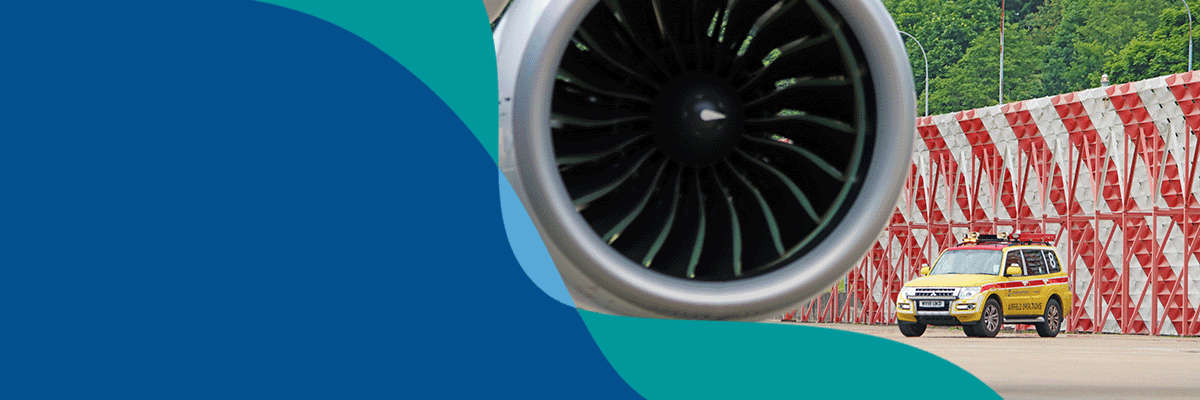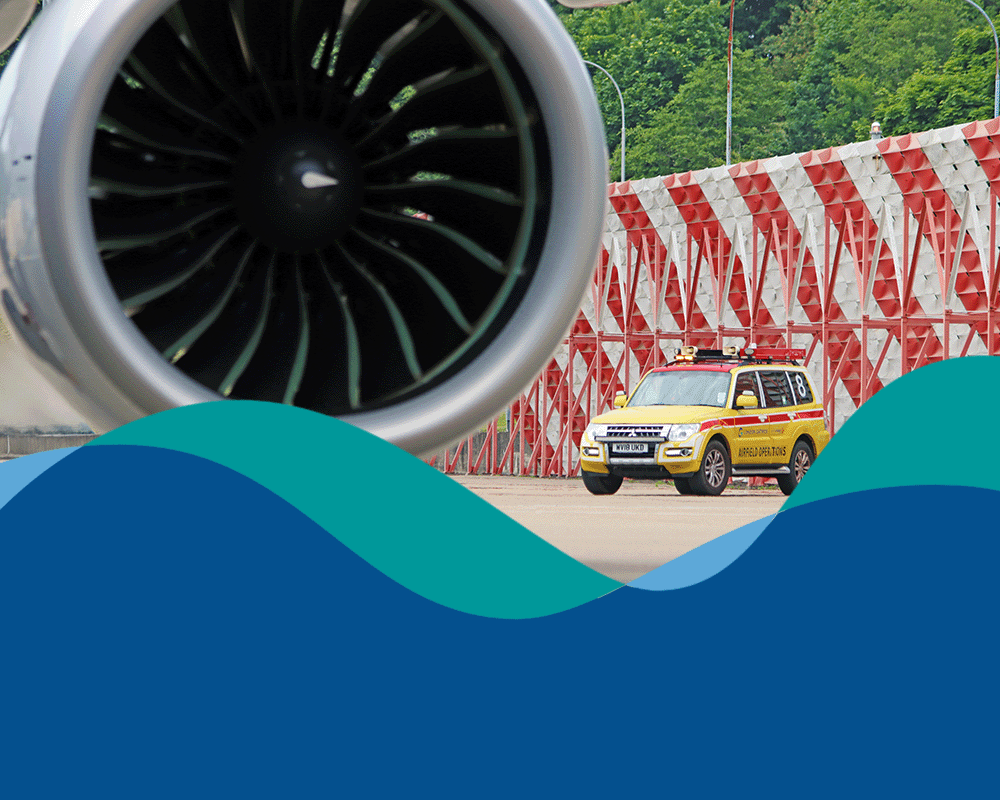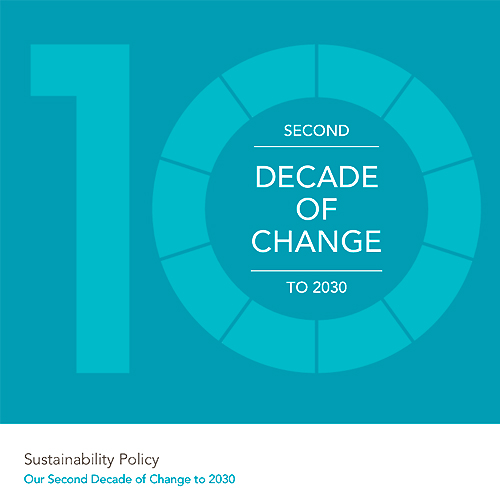Airport emissions
In 2019, London Gatwick signed the Airports Council Europe pledge to reach net zero for direct emissions before 2050. In our Second Decade of Change, we accelerated this goal to 2030.
We currently hold Airport Carbon Accreditation at level 4+ ‘Transition’. The Airport Carbon Accreditation scheme is the only institutionally-endorsed, global carbon management certification programme for airports.
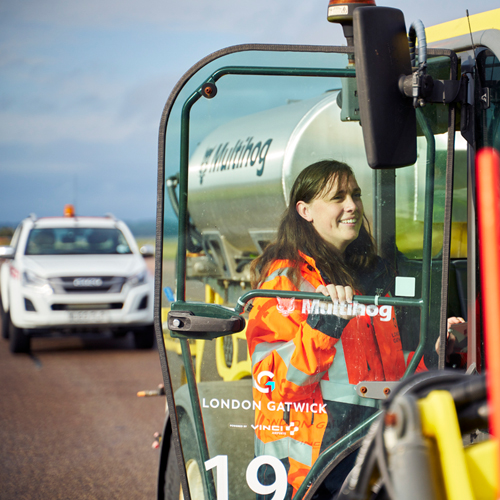
We were the first airport to join RE100, a global initiative that is committed to renewable electricity, and are now a signatory to the scheme. Now, 100% of our electricity is from renewable sources, and 40% of our Airfield ground support equipment uses electricity for power, including luggage tugs and a growing number of pushback tugs and aircraft loading systems.

Carbon and net zero emissions form one of the three core themes of our current sustainability policy:
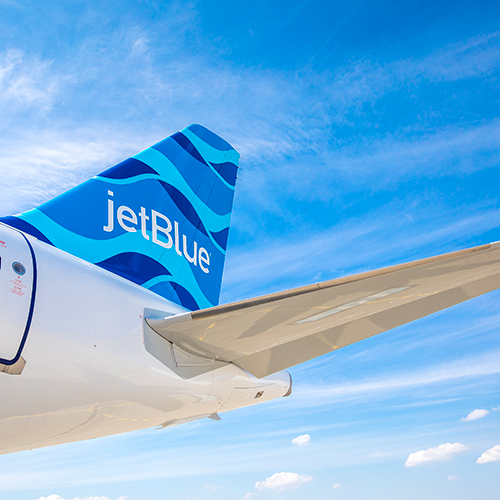
In addition to incentivising quieter aircraft, London Gatwick’s carbon charge gives airline operators an added incentive to operate the most carbon efficient aircraft through the restructuring of charges, with no impact on our published price commitment.
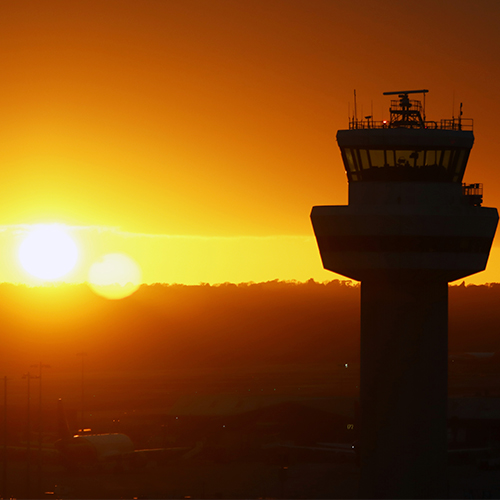
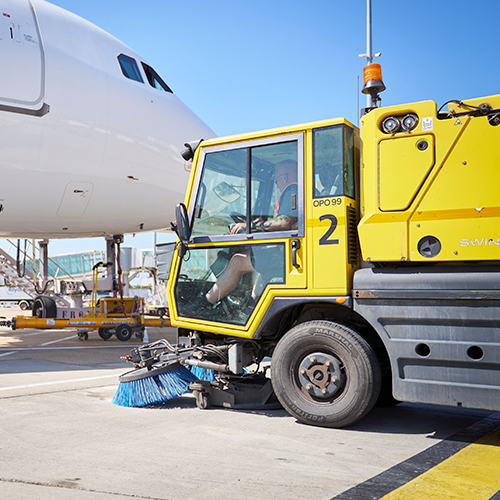
We recently replaced diesel in our vehicles with hydrotreated vegetable oil (HVO) as we transition them to electric vehicles, resulting in a carbon saving of 90%. We invest heavily in public transport around the airport to encourage low emission journeys, including Metrobus hydrogen buses and a huge train station upgrade.
In 2024, we became the first international airport to open an Electric Forecourt® - a dedicated electric vehicle charging station. With 30 high-power and low-power electric vehicle chargers, the facility is ideal for passengers, staff, local residents, commuters and business fleets.
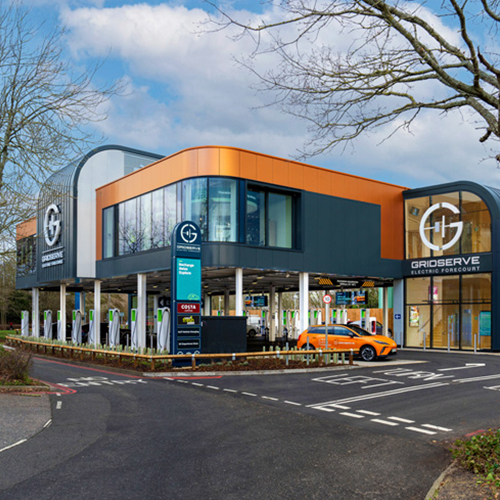
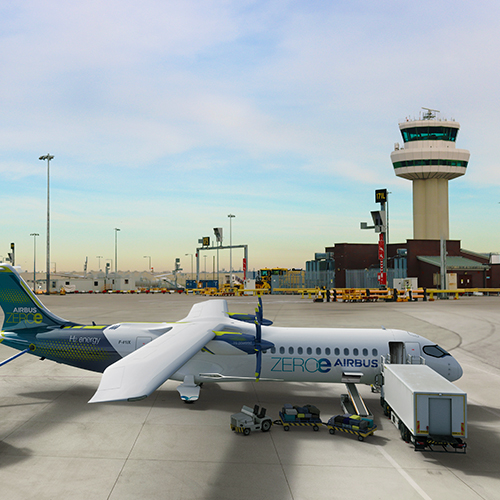
Working alongside Airbus, easyJet and Air Products, we are investigating how infrastructure to supply hydrogen could be introduced across the airport in an important first step toward possible zero-carbon flights from London Gatwick.
We partnered with easyJet, Q8 Aviation and Neste to prove that the current airport fuel system is ready to use A1 jet fuel containing sustainable aviation fuel (SAF). The proof of concept ran during the UN Climate Change Conference (COP26) and involved easyJet flights from London Gatwick to Glasgow using a fuel blend containing SAF.
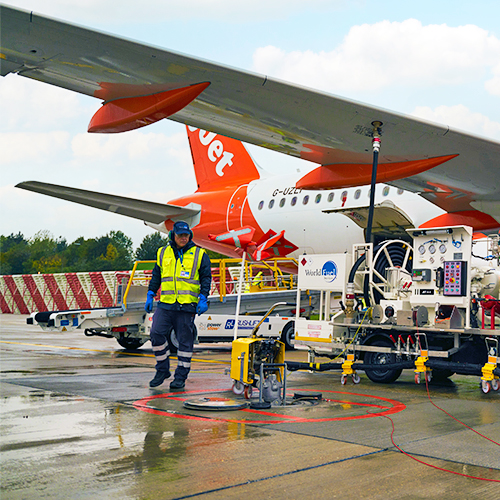
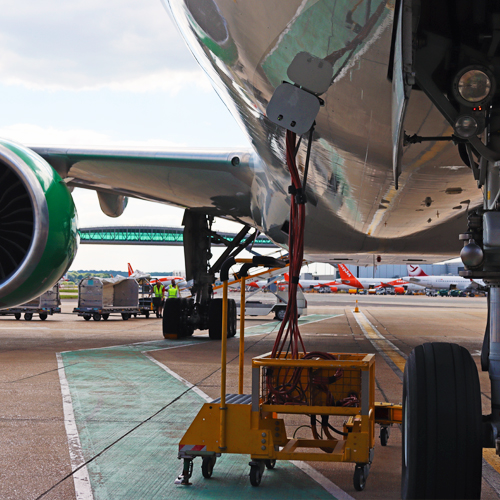
We’ve installed fixed electrical ground power on all our stands. This means aircraft can plug into the mains and stop using their engines, which reduces carbon emissions.
Sustainable Aviation published its net zero carbon roadmap report, which pulls together an alliance of the UK’s airlines, airports, aerospace manufacturers, air navigation service providers and innovation companies in a commitment to cutting carbon emissions from UK aviation to net zero by 2050.
We are active participants in the group, sitting on the council, the three working groups and the local air quality group.
London Gatwick recently co-funded independent research for sustainable aviation. The research showed that 14 such plants could be running by 2035. This would produce 4.5 million tonnes of SAF by 2050 and contribute a 32% reduction in UK aviation carbon by that time.
